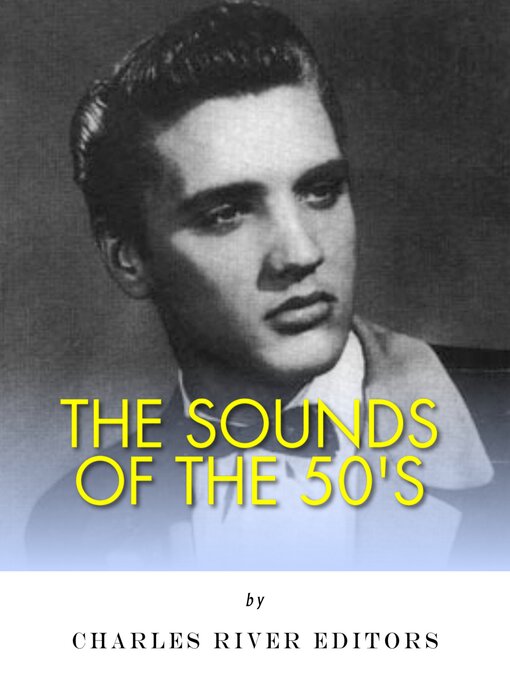Born in Mississippi, a young kid named Elvis Presley came to Memphis as a teenager and changed music forever. Fusing country and rhythm and blues with rock, Elvis brought traditional African-American sounds to the forefront of music in the 1950s, but he did so as a handsome white man before the height of the Civil Rights Movement. On top of that, his famous stage fright led to the hip gyrations that would make him the envy of young girls and the scorn of their parents. What followed was rock music's perfect storm. Managed by Colonel Tom Parker, Elvis became the biggest music act in the world, producing holiday classics, love ballads, and up-tempo rock songs that all hit the top of the charts in the late '50s. Elvis merged the quintessential rock star looks with success, scoring nearly 20 #1 singles. With live broadcasts on TV appearances and movie roles, Elvis became a pop culture fixture and a music icon that made even The Beatles giddily nervous to meet him.
America has always celebrated its star entertainers, but Frank Sinatra remains a unique American legend. A pop culture fixture for over half a century, Sinatra's music is still cherished, and his persona remains its own archetype of the quintessential American star. Sinatra transcended genres to the extent that his music stands alone as its own kind of American music, with songs like "New York, New York," "Chicago," and "Come Fly With Me" instantly recognizable among all Americans. Of course, there was also the life that went with the music. The cultural identity of the Rat Pack, epitomized in the 1960 film Ocean's Eleven, further contributed to his fame, and everyone knows and appreciates the image of easy living, smooth voice and exuberant starpower that Sinatra represents.

